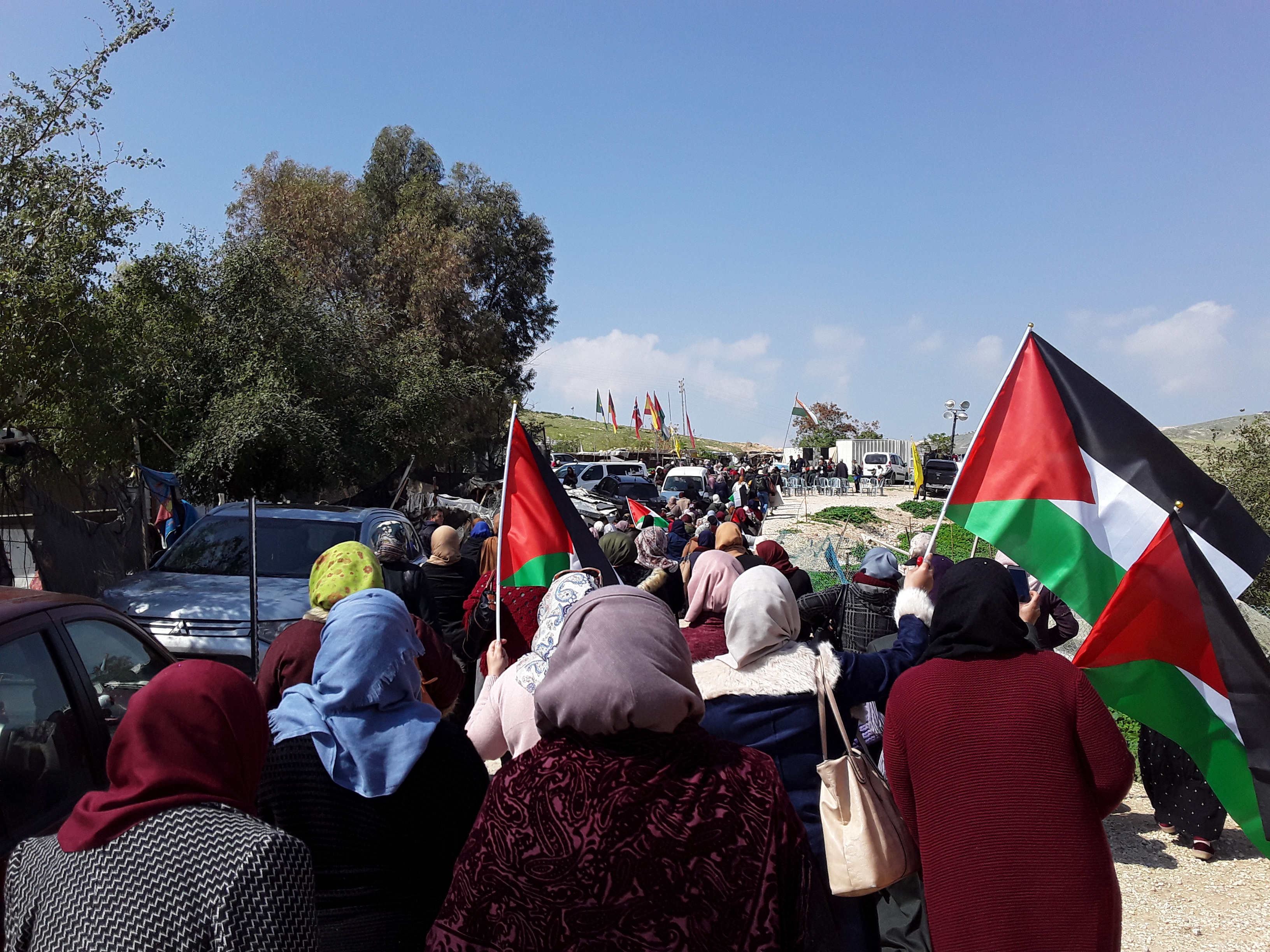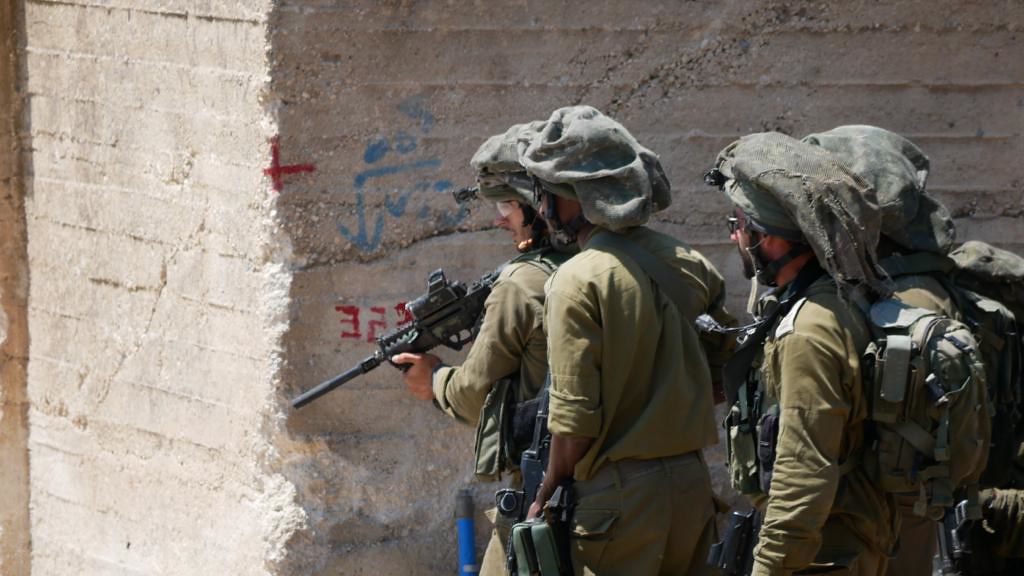-
Grandson of Holocaust survivors deported from Israel for volunteering
An Austrian citizen of Jewish origin and grandson of Holocaust survivors was banned yesterday from entering Israel on suspicion of volunteering in Palestine. After being interrogated, searched, and held for 6 hours at Tel Aviv’s Ben Gurion Airport, Edmond Sichrovsky, 23, was forcibly deported to Amman, Jordan.
-
Join ISM: Training in Belfast, Ireland, November 24, 2019
ISM Ireland is offering a day of pre-training for prospective volunteers who are interested in joining the International Solidarity Movement on the ground in Palestine. All volunteers are required to participate in training before joining activities in Palestine. Attending the training session in Belfast will give you a chance to get a first impression of […]
Action Alert An Nabi Saleh Apartheid Wall Arrests BDS Bethlehem Bil'in Cast Lead Demonstration Denial of Entry Ethnic Cleansing Farmers Gaza Global Actions Hebron House Demolition International law Israeli Army Jerusalem Live Ammunition Nablus Ni'lin Prisoner Ramallah Rubber-coated steel bullets Settlement Settlers Settler violence Tear-Gas Canister Video



